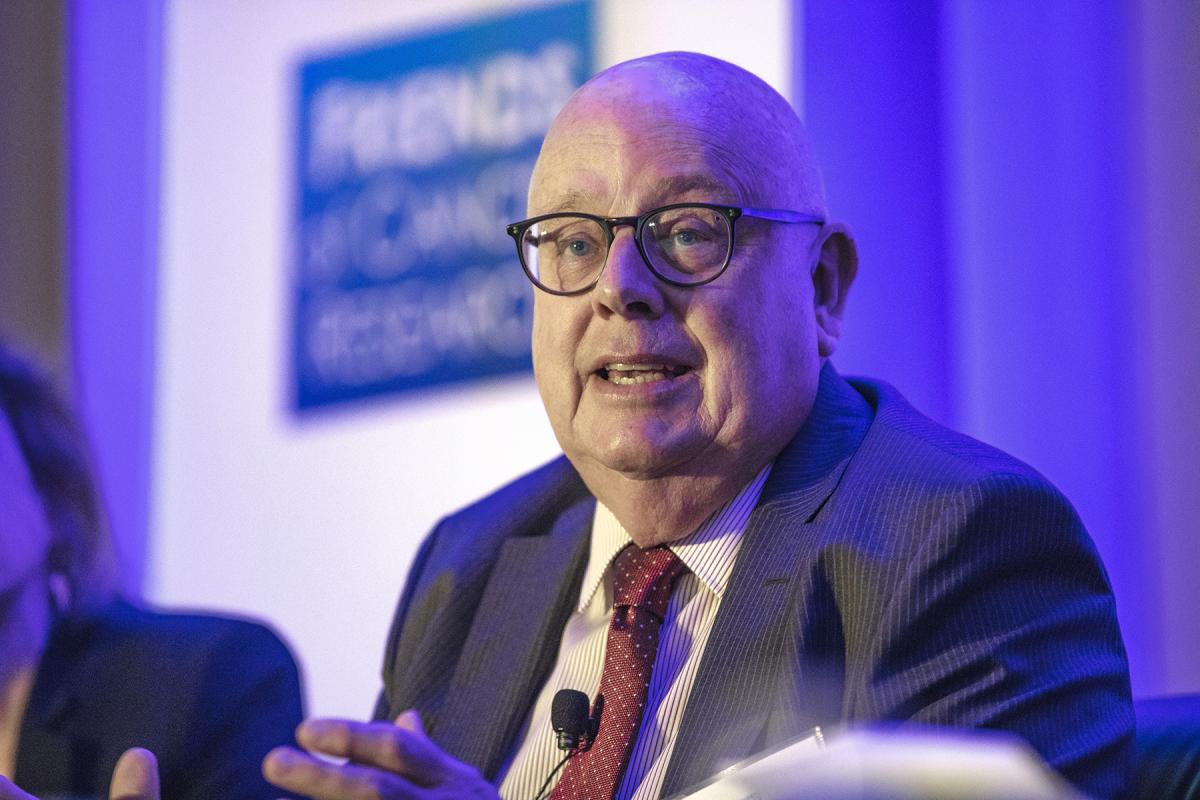Robust drug development for pediatric cancers is critical to ensuring appropriate access to life-saving drugs and promoting innovation. As such, the FDA Reauthorization Act (FDARA) of 2017 included a provision requiring sponsors to investigate new molecularly targeted cancer drugs and biologics that are determined to be substantially relevant to the growth or progression of pediatric cancers. The molecularly targeted pediatric cancer investigation should be designed to yield clinically meaningful pediatric study data to inform potential pediatric labeling. This necessitates the FDA, in collaboration with the NCI, to create a list of molecular targets deemed substantially relevant in pediatric cancers, define processes for updating the list, and address challenges associated with applying the list of molecular targets to pediatric cancer drug development.
On February 20, 2018, Friends of Cancer Research (Friends) hosted a half-day meeting to discuss several important considerations to help identify scientifically-driven approaches for the creation of a list of molecular targets considered substantially relevant in pediatric cancers. The meeting was comprised of three panels focusing on developing the molecular target list, updating the list, and application of the list.
The first panel focused on two frameworks of factors that may help guide the selection of molecular targets that are substantially relevant or not relevant to the growth or progression of one or more pediatric cancers. Malcolm Smith, NCI, moderated the discussion and provided specific examples of the framework in use. The panel discussion highlighted several concerns regarding the definition of molecular target and the level of evidence necessary to deem a molecular target relevant or not.

Gregory Reaman, U.S. FDA
The second panel discussed mechanisms to update the molecular target list and timelines by which such updates may occur. Peter Ho, Boston Pharmaceuticals, opened the panel discussion by outlining potential processes to ensure the molecular targets lists is based on the most relevant evidence available. Panelists had varying views on the frequency of meetings to update the list. However, it was noted that the absence of a molecular target from the list does not prevent FDA from issuing a written request for pediatric investigations.
The last panel discussion of the day discussed challenges and considerations for the potential application of the list in pediatric cancer drug development. Brenda Weigel from the University of Minnesota led the panel discussion and highlighted several factors that could influence the application of the list: balancing clinical benefit and risk, the availability of pediatric formulations, and the size of the patient population when conducting clinical trials.
The Friends meeting provided a public venue for multiple stakeholders to come together and work toward improving pediatric cancer drug development. The panel discussions highlighted areas of agreement and areas requiring further dialogue. As FDA prepares for two public workshops (April 20, 2018 and June 18-19, 2018), the Friends meeting provides a solid foundation for FDA to develop upon. The panels critical discussions showcased concerns within the pediatric community and issues FDA should take into consideration as they formulate processes and strategies to best implement the requirements outlined in FDARA.

